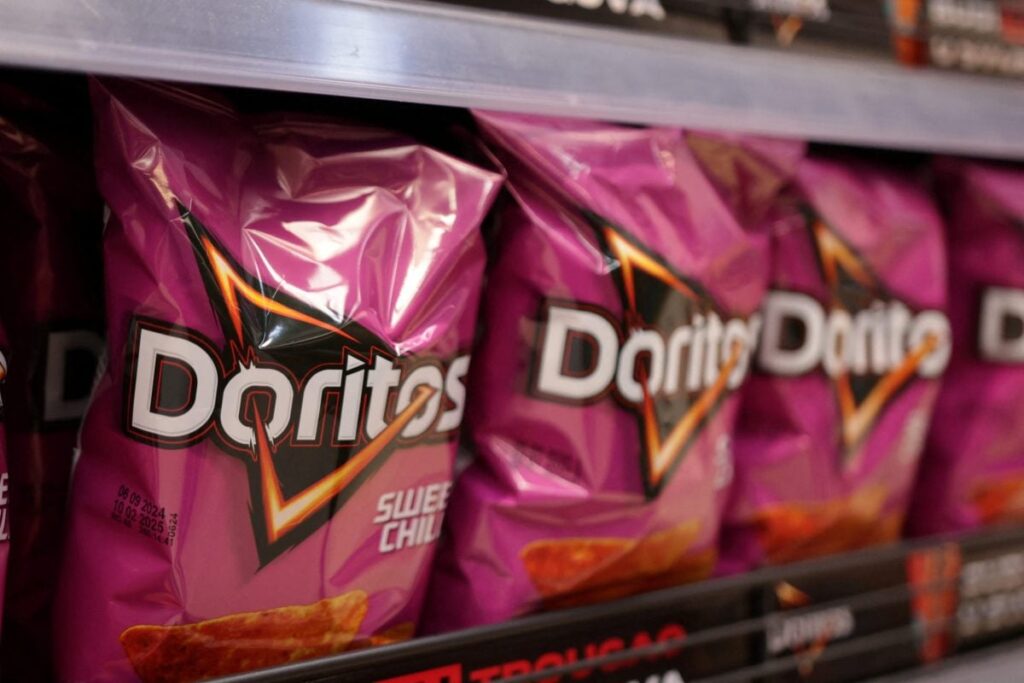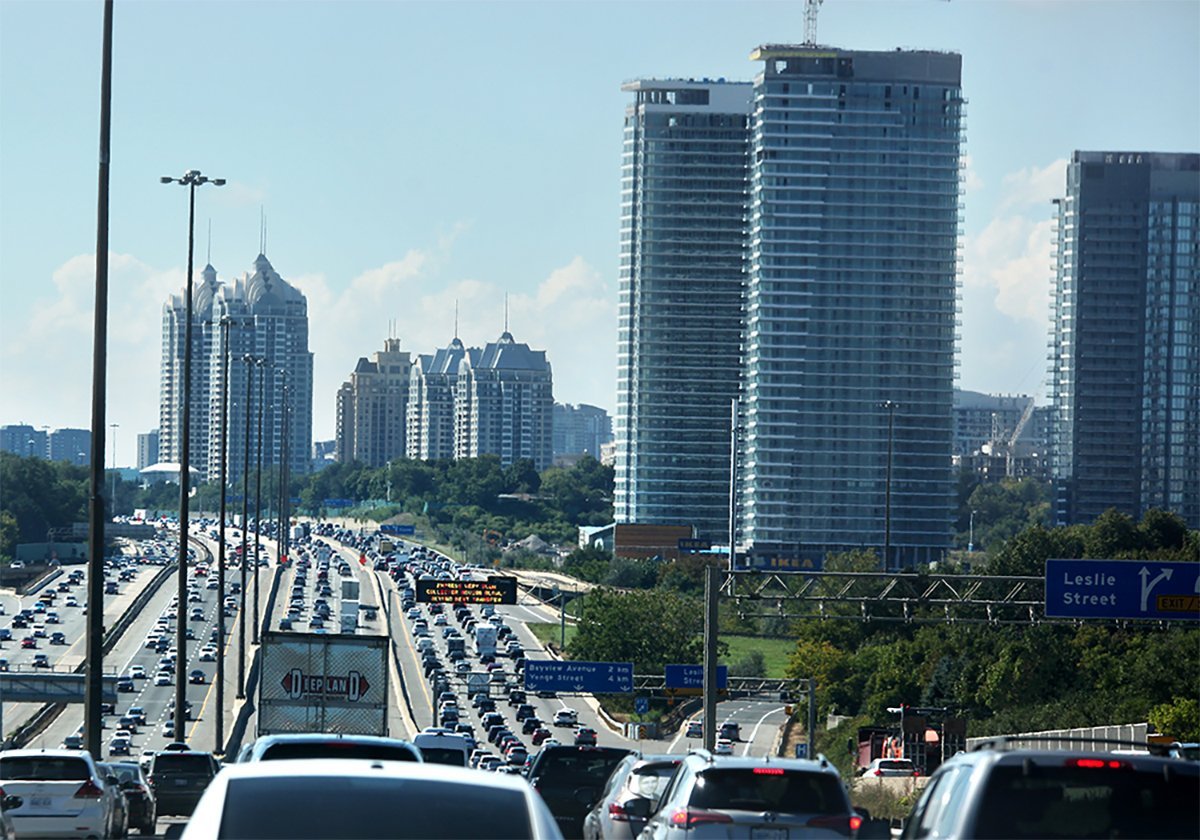Packaged food giant PepsiCo cuts profit forecast as tariffs set to drive up costs

PepsiCo on Thursday cut its annual profit forecast as the soda and snacks giant signaled higher production costs and subdued consumer spending due to the uncertainty fueled by U.S. President Donald Trump’s expansive tariffs.
The Frito-Lay maker also posted its first quarterly profit miss in at least five years. Its shares were down nearly 2.5 per cent in early trading.
Why it matters: Packaged food manufacturing giants, which are downstream customers of agricultural goods, are facing uncertain demand due to fluctuating U.S. tariffs
Read Also

‘Don’t equate us with Toronto news, culture’ Ontario farmers tell western colleagues
Farmers across Canada reflect on what they’d like producers in other regions to know about the issues they face ahead of the 2025 federal election.
“We expect more volatility and uncertainty, particularly related to global trade developments, which we expect will increase our supply chain costs,” CEO Ramon Laguarta said in a statement.
Consumer goods bellwether Procter & Gamble and rival Kimberly-Clark have also lowered their profit forecasts, tempering expectations due to the tariffs uncertainty.
PepsiCo forecast fiscal 2025 core earnings per share to decline three per cent, compared with its previous expectation of a low-single-digit increase.
For more tariff coverage, visit the Western Producer’s tariff page
The tariffs on trading partners have also have also stoked fears of high inflation and stagnation in economic growth, likely weighing on consumer spending.
“Relative to where we were three months ago, we probably are not feeling as good about the consumer,” PepsiCo Chief Financial Officer Jamie Caulfield said on a post-earnings call.
A P&G executive on the company’s earnings call on Thursday also warned that it was “unclear how long this period of consumer softness will last.”
Nestle beats quarterly estimates
Nestle on Thursday said the indirect impact of U.S. tariffs was “unclear” and posted better-than-expected first-quarter organic sales growth, as the world’s biggest packaged food company hiked prices for its Kit-Kat chocolate bars and Nescafe coffee.
The Swiss company maintained its 2025 outlook, saying it still expects organic sales growth to improve and estimates an underlying trading operating profit margin at, or above, 16 per cent.
“This is based on our assessment of the direct impact of current tariffs and our ability to adapt,” CEO Laurent Freixe said in a statement. “The indirect impacts – on consumers and customers, as well as currencies and commodity prices – remain unclear at this stage.”
The U.S. is one of Nestle’s biggest markets.
Trump met with major retailers, including Walmart and Target on Monday to discuss the tariffs’ impact on their imports.
“(Big areas) that are impacted are, of course, our water business coming into the U.S., and espresso capsules and some of our ingredients,” Nestle’s finance chief Anna Manz said on a call with journalists. Nestle has previously said more than 95 per cent of its U.S. sales are manufactured locally.
Nestle’s organic sales growth, which excludes the impact of currency movements and acquisitions, rose 2.8 per cent in the first quarter ending March 31, Nestle said. Analysts had forecast average organic sales growth of 2.5 per cent.
The company’s 2.1 per cent price increases were above the average analyst estimate of 1.8 per cent. Real internal growth – or sales volumes – rose 0.7 per cent versus expectations of a 0.8 per cent increase.
Total reported sales increased by 2.3 per cent to 22.6 billion Swiss francs (C$37.9 billion), slightly ahead of analyst expectations of 22.5 billion francs.
Mitigation strategy
PepsiCo plans mitigation actions to address the higher supply chain costs where possible, said Laguarta, adding it would include adjusting sourcing of key inputs.
The company has two food plants in Mexico and two concentrate plants in Ireland.
Price increases undertaken to offset rising costs initially tied to the COVID-19 pandemic and supply-chain disruptions have benefited PepsiCo and peers over the past several quarters.
“Price hikes are doing the heavy lifting, with volume growth across its beloved brands like Pepsi, Gatorade, Lay’s and Doritos struggling to gain momentum,” said Aarin Chiekrie, equity analyst with Hargreaves Lansdown, on the latest results.
Average prices jumped three per cent in the three months ended March 22, while organic volumes declined two per cent.
— Reporting by Ananya Mariam Rajesh and Richa Naidu
Source: Farmtario.com


